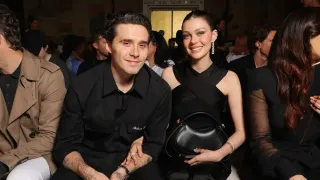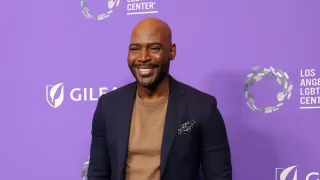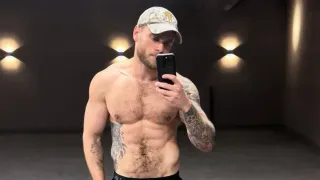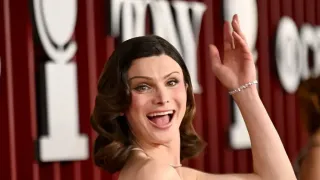December 24, 2020
Trump Appoints 'Conversion Therapy' Practitioner Marcus Bachmann to Health Advisory Body
Kilian Melloy READ TIME: 2 MIN.
As part of a flurry of appointments before he departs the White House, Donald Trump on Dec. 22 appointed Marcus Bachmann - husband former congressperson Michelle Bachmann, and practitioner of so-called "conversion therapy" - to the President's Committee for People with Intellectual Disabilities, the American independent reports.
Marcus Bachmann "runs a Christian counseling clinic in Minnesota that carries out so-called conversion therapy," the Independent added, going on to note that the "therapy" in question is "an unproven and widely rejected practice through which LGBTQ people are told that their orientation or gender is wrong and is something they can and should change."
The news item went on to provide examples, including a 2011 "Nightline" report that showed one of the practitioners at Bachmann's clinic "telling a gay man he could 'be totally free' of his attraction to men."
Reputable mental health professionals and survivors of the practice say that not only is is "conversion therapy" completely ineffective, but the techniques used are sometimes similar to torture techniques. Moreover, they charge, the psychological and emotional toll the quack practice takes on vulnerable LGBTQ people - especially youths - can be deeply damaging, and even lead to suicide.
Concerns for the well-being of LGBTQ youth have led to bans in several nations and a number of American states. To date, twenty states have outlawed the infliction of the bogus therapy on minors.
Religious leaders, too, have voiced concern, with prominent clerics from 35 nations and representing all major faith traditions recently calling for an end to so-called "conversion therapy" everywhere in the world.
Marcus Bachmann gave some insight as to how those who practice the "therapy" view their clients, the Independent recalled. Bachmann said in 2010: "We have to understand: Barbarians need to be educated. They need to be disciplined."
Referring to the "sinful nature" of his clients, Bachmann added, "We have a responsibility as parents and as authority figures not to encourage such thoughts and feelings" as LGBTQ people find come to them naturally.
In 2017, Bachmann's clinic "was cited by Minnesota health inspectors for failing to properly keep patient records," NBC News reported at the time.
Bachmann's wife, former congressperson of Minnesota Michelle Bachmann, has a long history of anti-LGBTQ remarks, including the claim, made in 2015, that then-President Obama's accepting stance toward sexual minorities would bring on the Rapture, an event that Christians believe will miraculously transport the faithful to Heaven just before the end of the world.
Michelle Bachmann has also called for president-elect Joe Biden's win in this year's election to be "smashed" and has claimed that God made Donald Trump president in order to, among other things, provide America a "reprieve" from progress toward LGBTQ equality.
Trump's recent flurry of appointments also saw him install openly gay supporter Richard Grenell on the council of the U.S. Holocaust Memorial Museum.






